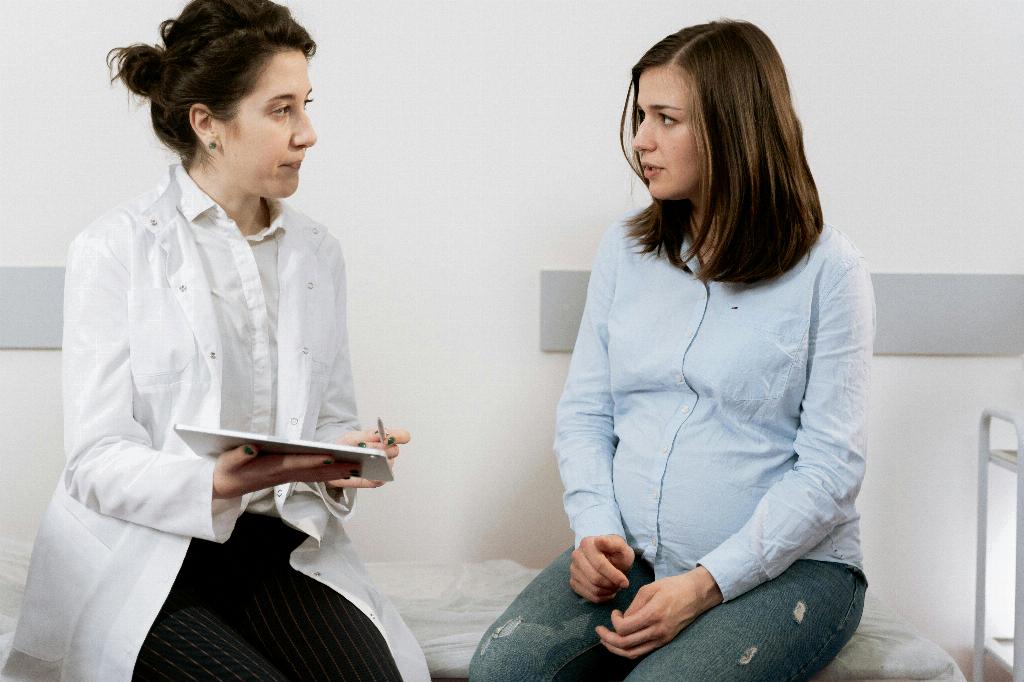When it comes to Trisomy 21, commonly known as Down syndrome, it’s essential to acknowledge that there is currently no cure for this genetic condition. Individuals born with Down syndrome carry an extra copy of chromosome 21, which can lead to developmental delays and various health concerns throughout their lives.
Treatment and Support Available
While there may not be a cure for Trisomy 21, it’s crucial to highlight that there are numerous treatment options and support systems in place to help individuals with Down syndrome lead fulfilling lives. Early intervention services play a significant role in addressing developmental delays in children with Down syndrome.
Physical Therapy for Developmental Support
Physical therapy can be highly beneficial for individuals with Down syndrome to improve motor skills, strength, and coordination. Through tailored exercises and interventions, physical therapists can help individuals with Down syndrome enhance their physical abilities.
Occupational Therapy for Daily Skills
Occupational therapy focuses on enhancing an individual’s ability to perform daily tasks and improve their independence. People with Down syndrome can benefit from occupational therapy to develop skills such as dressing, feeding, and fine motor coordination.
Speech Therapy for Communication
Speech therapy is crucial for individuals with Down syndrome to improve their communication skills. Speech therapists work on language development, articulation, and social communication, enabling individuals with Trisomy 21 to express themselves effectively.
Early Intervention for Optimal Development
Early intervention programs are designed to support children with developmental delays, including those with Down syndrome. These programs focus on enhancing overall development and promoting learning opportunities from a young age.
Educational Support for Learning
Special education services are available to help individuals with Down syndrome receive tailored instruction and support in academic settings. Educators work to address individual learning needs and provide a conducive learning environment for students with Trisomy 21.
Medical Management for Health Care
Individuals with Down syndrome may require ongoing medical management to address potential health issues associated with the condition. Regular check-ups, monitoring, and intervention can help manage health concerns effectively.
Embracing Neurodiversity and Inclusion
While there may not be a cure for Trisomy 21, it’s essential to embrace neurodiversity and promote inclusion for individuals with Down syndrome. Recognizing and valuing differences can lead to a more inclusive society for all individuals, regardless of abilities.
Fostering a Supportive Environment
Creating a supportive and inclusive environment for individuals with Down syndrome involves promoting acceptance, advocating for resources, and fostering opportunities for growth and development. Together, we can build a more inclusive world for everyone.
Empowering Individuals with Down Syndrome
Empowering individuals with Down syndrome involves providing access to education, healthcare, employment opportunities, and social support. By advocating for the rights and inclusion of individuals with Trisomy 21, we can help them reach their full potential and lead fulfilling lives.
Conclusion: Embracing Hope and Progress
While Trisomy 21 may not have a cure, advancements in treatment, therapy, and support services offer hope and progress for individuals with Down syndrome. By focusing on strength-based approaches and fostering inclusivity, we can create a more supportive and empowering world for individuals with Trisomy 21.

